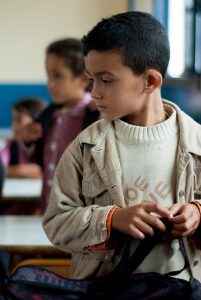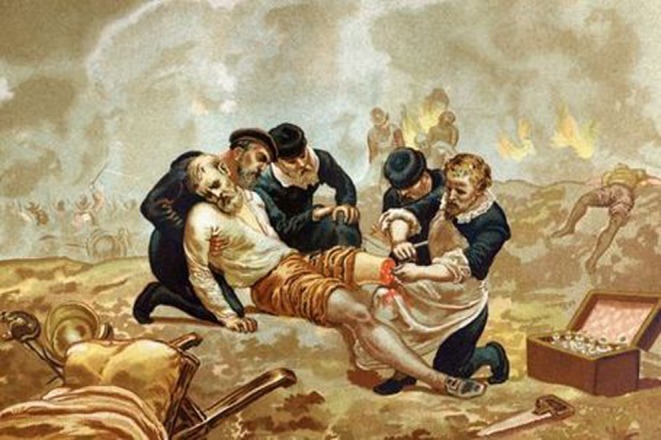


How Generic Drugs Have Changed Our Healthcare System
20 April 2018
Cogito n°4
26 April 2018 If there is one subject that concerns all of society – children, adolescents, young adults, parents, educational professionals, institutions, public decision-makers and businesses – it is education.
If there is one subject that concerns all of society – children, adolescents, young adults, parents, educational professionals, institutions, public decision-makers and businesses – it is education.
This key element in individual accomplishment and social evolution has long been the subject of research at Sciences Po, particularly at the Center for Studies in Social Change. Of the many questions that have been raised, four research projects are presented in this issue. They cover concrete problems: learning to read, the impact of social diversity, inequalities and guidance. But they are revisited through the use of new methods to study them, be it experiments (thus far mostly deployed in the hard sciences), digital data processing or large-scale mapping.
- The first research piece is about acquiring a skill without which no student can succeed: knowing (and loving!) to read. It illuminates through the use of an experimental approach to evaluate a support mechanism for family reading.
Read the article: Learning to read: encouraging family reading to reduce inequalities
- Then come the rather unexpected results of a research project that aimed to measure the impact of the presence of foreign pupils on grades obtained in middle school. Drawing on a number of quantitative elements the first conclusions of this research should help settle a frequently controversial debate over whether “foreign pupils lower the level”.
Read the article: Do foreign pupils bring down middle school results? - The issue of middle school results is then reexamined through a mapping of the places of residence and of schooling of different socio-professional classes in the Parisian metropolis. Sciences Po entrance results are also discussed on the basis of school location (Paris versus province) and high school results.
Read the article: The spatial dimensions of educational inequalities
- Finally, the thorny question of exiting high school is broached with the help of digital data processing: how do students develop their plans for higher education? How are they mentored and influenced? Do existing mechanisms produce inequalities? If so, which ones?
Read the article: Understanding inequalities in higher education steering
These four projects are based on multiform and complex methods. They require specific skills and illustrate the evolutions that the production of social science research is undergoing: the presented results are the fruit of close but often invisible collaboration (because it is rarely apparent in the authorship of publications) between researchers and support staff who analyze databases, develop statistical processing, test the solidity of methods, verify the research corpus, etc.



